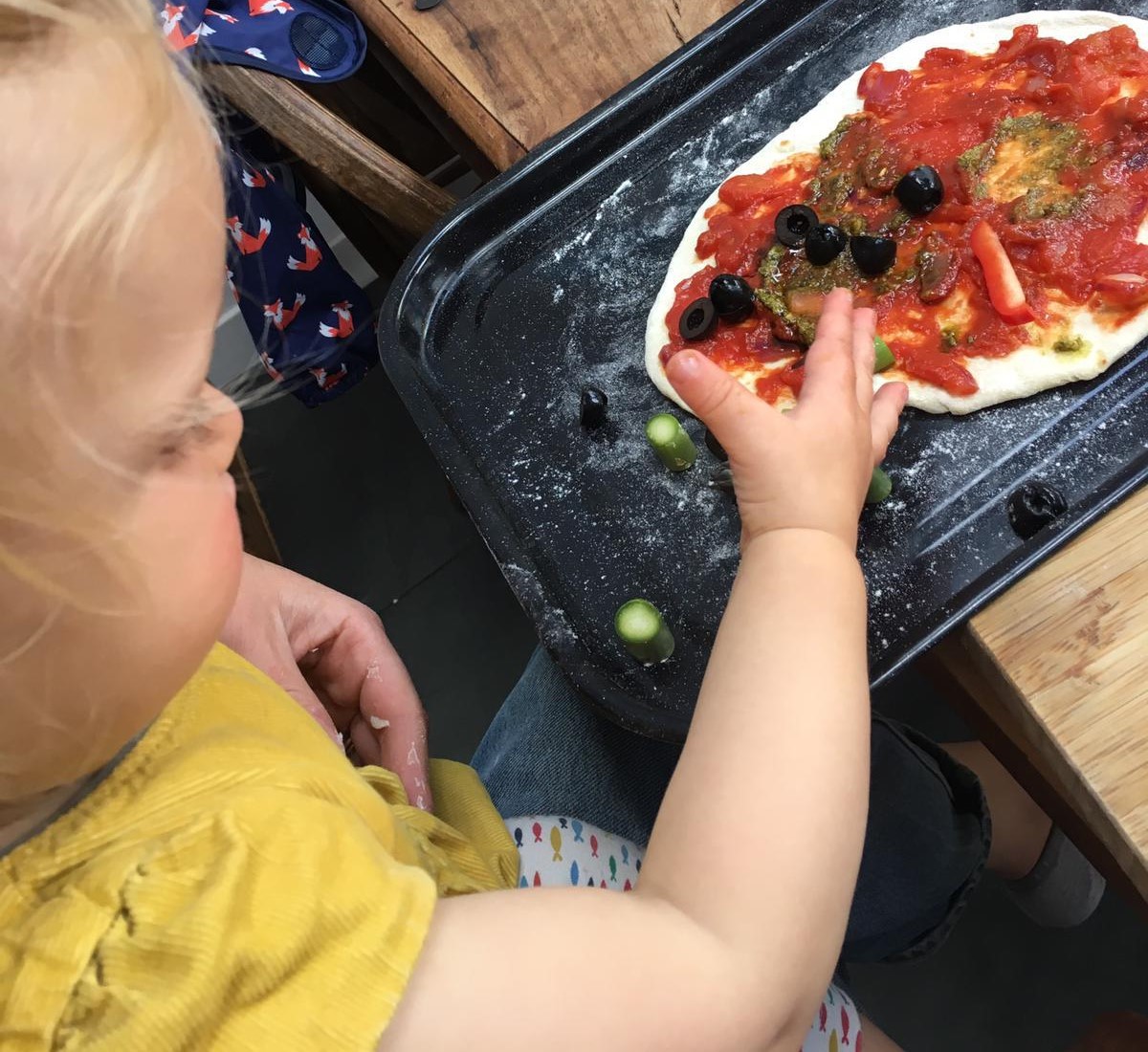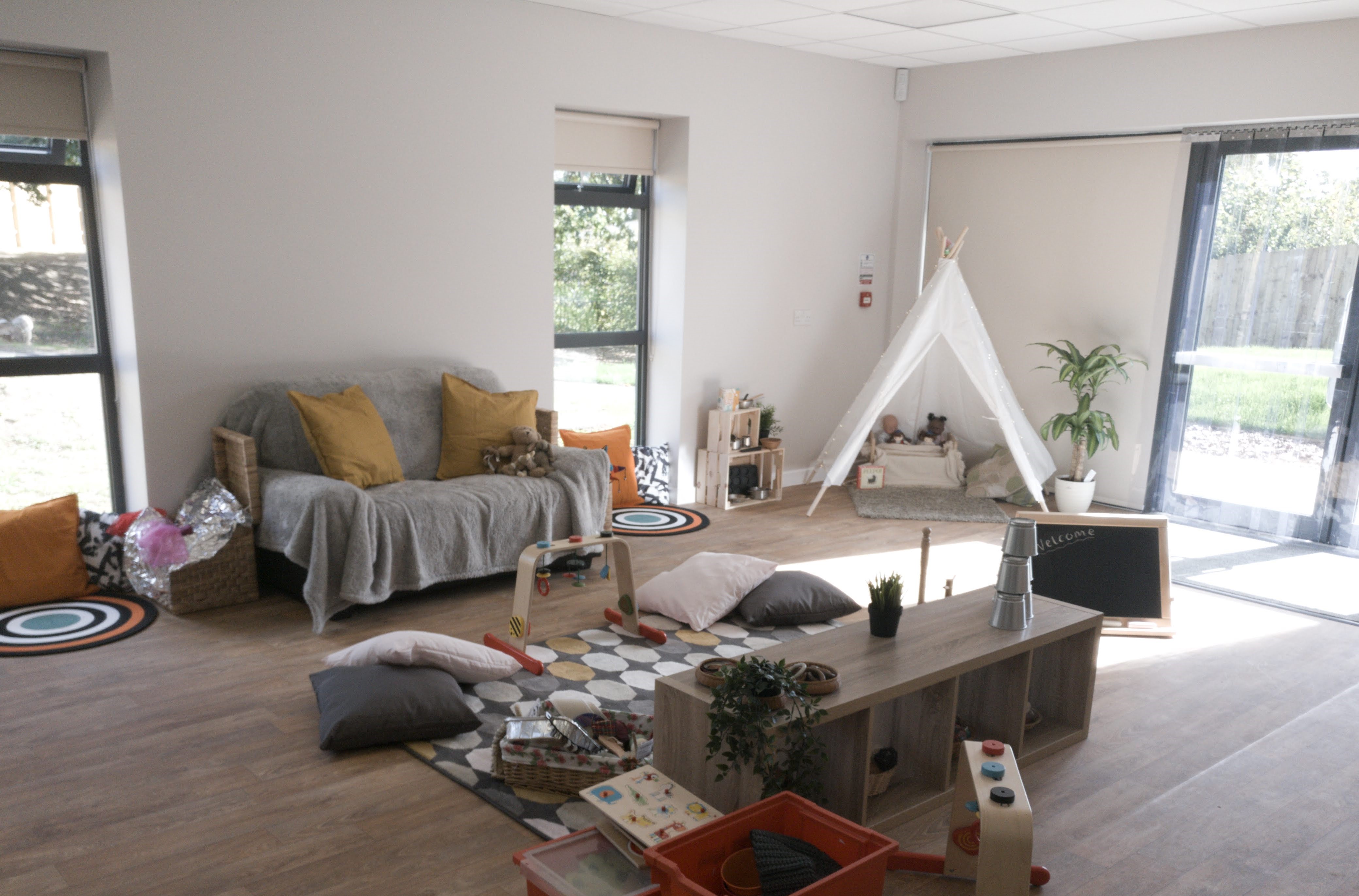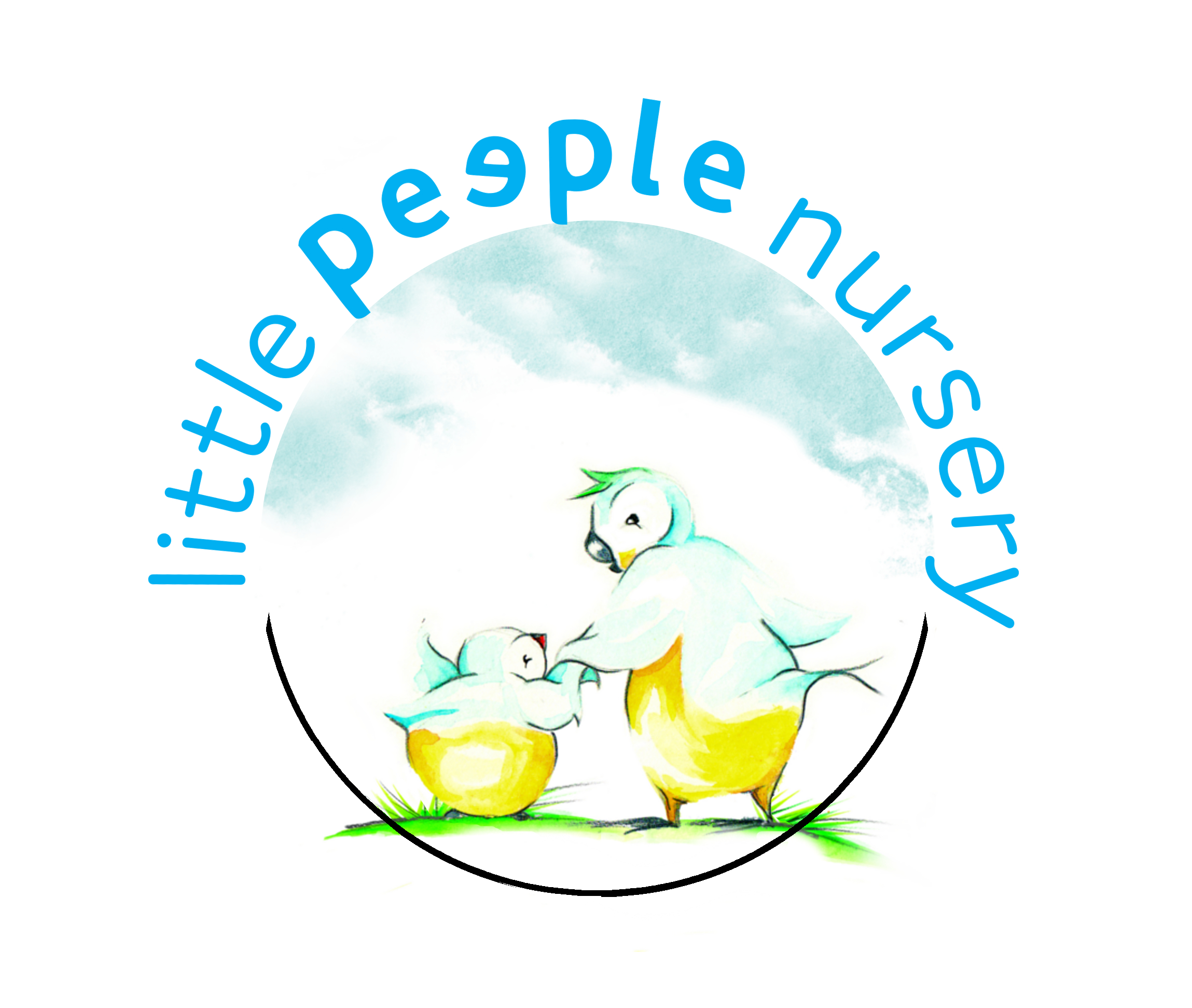Blue
antenatal peep: Highland
Thanks to Gillian Forbes (Highland Council Peep Co-ordinator) and Mairianne Nairn (Highland Council, Community Early Years Practitioner) for sharing their case study
"We offer a mixture of online and face-to-face Peep Antenatal sessions for expectant parents. Initially, we wanted to help support pregnant mums/families within the area during the pandemic, which we did with the support of Highland Council's Midwifery Development Officer and her team. We adapted elements of the Peep Antenatal Programme so that we could deliver it flexibly online with families with wide‑ranging needs. We received positive feedback from the parents and professionals involved in the pilot sessions, and it was agreed to continue offering sessions, particularly to families with additional support needs.
Once referrals are received from the midwifery teams, we make contact with each parent to introduce ourselves and the course, and answer any questions. Parents-to-be start the course around 26+ weeks of pregnancy. We offer online and face-to-face groups. This enabled parents to get to know other parents-to-be, support each other, and integrate more into their community. Isolation was a particular issue for families during the pandemic, but becoming a new parent can be daunting at the best of times, and getting to know others in the same boat is invaluable.
From our first involvement with the families we actively encouraged the pregnant mums to invite husbands/ partners or family members to join the sessions as a source of support. During the 1-1 sessions and small groups we had several dads joining and engaging. We were conscious that the sessions had to offer lots of opportunity for discussion and for the parents to feel comfortable asking questions and sharing personal information.
> Find out more about our 1-day Peep Antenatal training
course content
The Programme supports parents perinatally (i.e. before and after the birth) to reflect on their developing baby, tune in to their baby's feelings and behaviour and respond sensitively (known as reflective functioning). This helps parent-baby bonding and attachment, and reduces the risk to the early parent–baby relationship, helping to prevent isolation, anxiety and low-level depression.
All sessions are a mix of discussion, video clips, sharing of relevant research and advice, songs/rhymes and story sharing, all underpinned by the focus on reflective functioning. After the initial phone conversation with the parent/s, we offer five group sessions of about an hour each, focusing on:
- Getting to know each other
- Supportive networks
- Transition to parenthood
- The developing brain, and emotional support
- Baby states
Following these five sessions, we offer a reunion session once the babies are born. Throughout the course we also signpost parents to other groups or provision within their local community.
outcomes and feedback
All families that attended our sessions kept in touch and let us know when baby was delivered. Several of the families have continued to stay in touch with each other, creating WhatsApp groups and meeting up. Having that social network in their own local community is vital for community engagement and maintaining positive mental health."
parents’ feedback
'I think it was very interesting and informative to learn about how to talk to our baby and what to do to communicate. I didn’t think to read to them since I didn’t think they would understand but I definitely will be reading to them as early as possible.'
'I really enjoyed the course and will miss our weekly chats, however I’m delighted to have met some new people who will hopefully become lifelong friends, and Bump’s new friend group to grow up with.'
'All sessions were very positive and upbeat with some great ideas, we have been able to adapt to our own pregnancy and planning for the baby’s arrival. I definitely felt the sessions boosted my confidence.'
'It has been great to meet other mums-to-be as Covid made it feel very isolating and alone, but knowing there are other mums experiencing the same things as me is very comforting.'
'The sessions felt relaxed and were supportive.'
'The discussion around bonding and communicating with your baby helped prepare me for my baby being in SCBU [Special Care Baby Unit]. By singing and talking to her, she was able to recognise my voice.'
referrers’/ midwives’ feedback
'I think every parent would benefit from this service as we cannot put a price on the wellbeing of the next generation.'
'The weekly update received following each session [with parents’ permission] is great, and I add this to their maternity notes.'
'My client thoroughly enjoyed the sessions - she stated she felt she was doing something practical to improve her parenting knowledge and skills, and that this was at a comfortable pace.'
'My client was struggling with anxiety and social isolation due to the pandemic, she has been complimentary on the emotional support she has received from the Peep Co-ordinators.'
feedback from the Midwifery Development Officer
'The Antenatal Peep sessions have been universally welcomed and supported by all the Community Midwife Teams across the whole of Highland. It fits well within the GIRFEC framework (Getting it right for every child), and with families recommended for additional support at the Health Plan Indicator (HPI) wellbeing assessment around 16 weeks of pregnancy.
The flexibility of the programme being delivered online or face to face, and either in a 1:1 or group format, has been most welcomed. The Antenatal Peep Programme helps maternity services reach parents who have been historically difficult to engage in more traditional parentcraft groups, such as young parents, parents in more remote areas, and parents who are isolated or have anxiety as well as those using substances.
The sessions fill an important gap in welcoming fathers to take an early and active role in developing loving and secure attachment through deeper understanding of how to connect with their unborn babies, and to consider some of the social and emotional aspects of transitioning to parenthood. The potential to connect with other parents albeit virtually was particularly vital during the Covid 19 pandemic. The classes are an important intervention in assisting with developing positive parent and infant mental health, and will complement the work that will be undertaken in Perinatal and Infant Mental Health teams.
Feedback from service users has been very positive. The topics covered were found to be fun and informative, often expanding on the basic knowledge they already had, at a pace and time that was suitable. The coping skills developed during the course proved to be very useful once the baby was born, and parents felt that they were able to understand their baby’s feelings more easily and figure how best to respond.'
- If you're an Antenatal Peep practitioner, log into the Antenatal Area for further delivery tips.
- Follow the link to find out more about the Peep Antenatal Programme and Training.
Feature box colour:
Antenatal Peep family - after the birth!
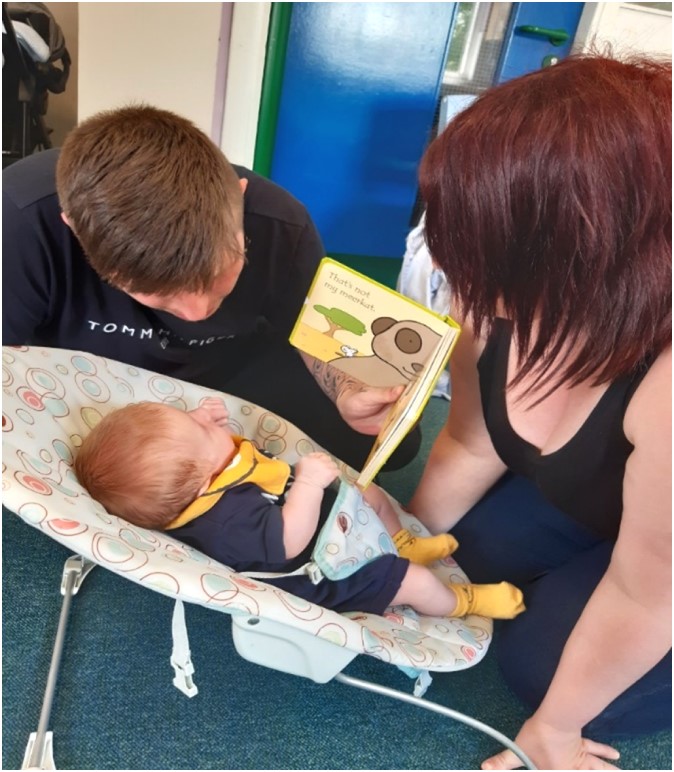
Side Quote Color:
early learning and childcare students (virtual peep): Ayrshire College
This video celebrates the work of students from Ayrshire College who have been delivering virtual Peep sessions for parents, carers and children during the pandemic.
Prior to the pandemic early learning and childcare students from the College facilitated Peep Learning Together sessions each week for families with young children. In response to Covid restrictions they have found creative, exciting and effective ways to deliver Peep sessions virtually.
Feature box colour:
Side Quote Color:
parent to classroom assistant: Dumfries & Galloway
“I attended my local Peep group with my youngest child, when she started nursery. I started going along so that I could help my child with her learning. As we went along every week, I started to really enjoy the sessions and when I was asked if I’d like to do the Peep Progression Pathway accreditation, I decided to do Early Literacy. I enjoyed this so much that I decided to complete the Early Maths accreditation at level 5.
Going to Peep really helped my confidence to grow. I was learning so many new things about child development that I realised that I would love to work with children in a school setting. Before I could apply to work in school, I had to go to college to complete Core 3 in Maths, I was able to do this in 8 weeks. Then I applied for a job as a learning assistant, and I am now working in the nursery class in my local primary school. I absolutely love my job and wish that I had made the move sooner but without going to the Peep group I would never have been confident enough to do it!
After the summer holidays I am hoping to continue my learning by completing an HNC in Early Learning and Childcare.”
Stacey, Dumfries and Galloway
> Find out more about Peep Progression Pathway accreditation for parents and carers
Feature box colour:
Side Quote Color:
Peep Exploring Together: supporting the foundations of STEM (Science, Technology, Engineering and Maths)
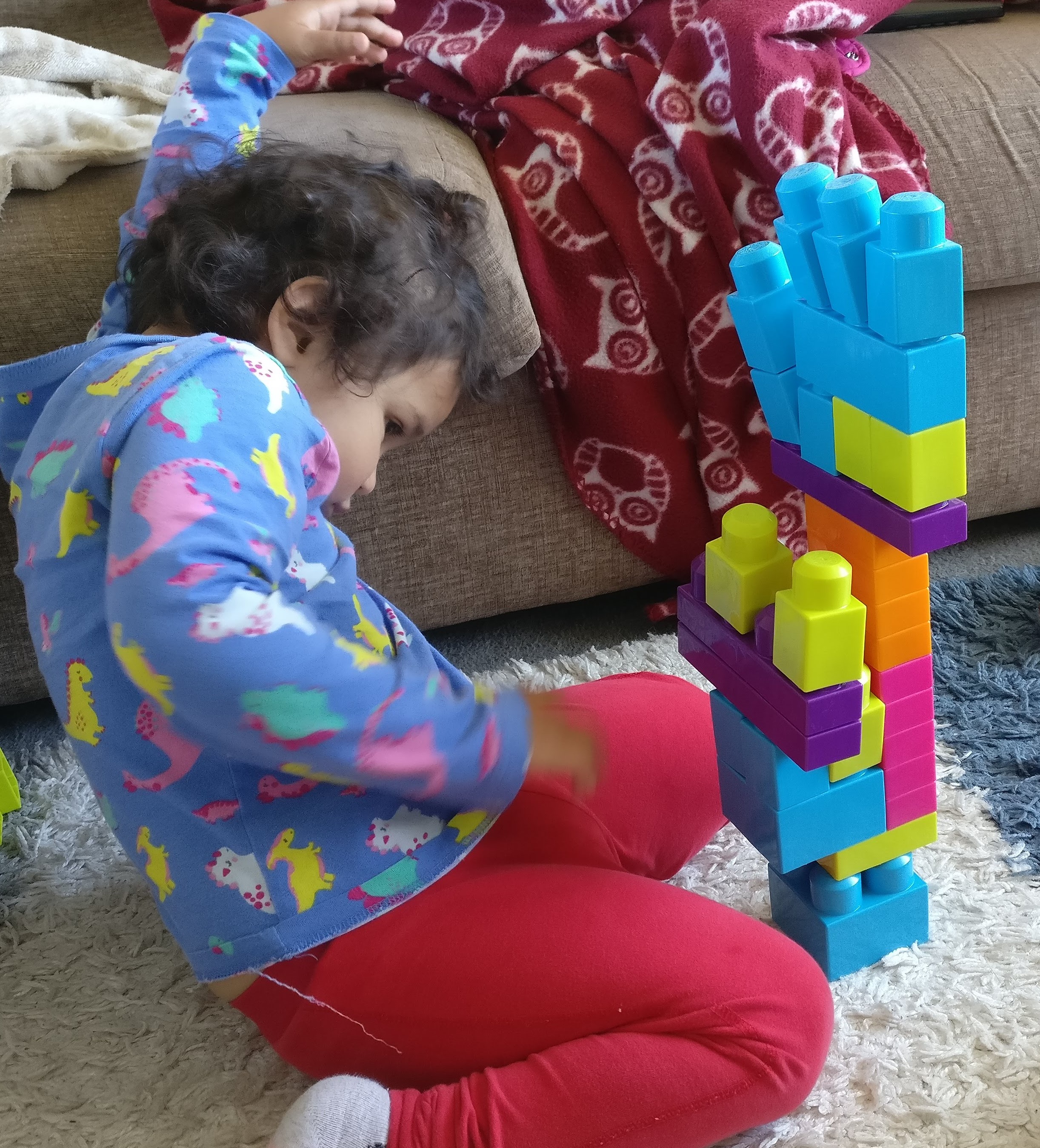
Children’s early STEM learning grows from their natural curiosity and engagement in real-world experiences and play. These are enhanced through interaction with adults who share the child’s interest, and can be extended with relevant knowledge, vocabulary, and ideas.
Over the past three years (since 2021), we have developed and piloted Exploring Together, an 8-week intervention which aims to improve practitioners’ and parents’ confidence, knowledge and skills to support early STEM learning. The intervention has two elements: Exploring Together Training for practitioners, and the Exploring Together Programme for parents.
evaluation
In 2023-24, Peep Exploring Together was evaluated by the Institute of Employment Studies (IES) and the University of Oxford in six early years settings in the London boroughs of Newham and Redbridge. The IES Evaluation report ‘Peep Exploring Together: Supporting the foundations of Science, Technology, Engineering and Maths (STEM)’ was published in November 2024. With promising outcomes from this independent evaluation, we secured four years’ additional funding to develop the programme further and extend its evidence base.
Exploring Together Parent: “I think it helped him a lot. The nursery were saying that he's changed so much, speaking more, coming in with ideas...”
See below for more parent and practitioner feedback.
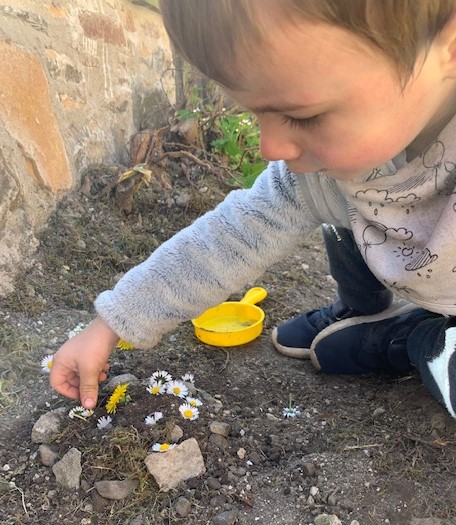
The evaluation found that parents:
- reported undertaking both maths and science-based activities with their children at home at a significantly higher frequency immediately post-Programme compared to pre-Programme
- were overwhelmingly positive about the impact of the Exploring Together Programme on their child, reporting developments in their confidence (including self-belief and confidence in STEM), curiosity, and a greater interest in STEM concepts or topics such as space, or the natural world
- reported maths skills improvements around counting and simple sums such as addition/ subtraction, as well an improved knowledge of shapes and weights
- reported improvements in children’s language and communication skills including more verbal communication, increased vocabulary, and improvements in listening
- noted the benefits of increased parent-child time
- felt more confident in their ability to support their child with improving their STEM skills at home through play and in daily activities such as cooking, and said that the Programme had made STEM more relatable.
funders and partners
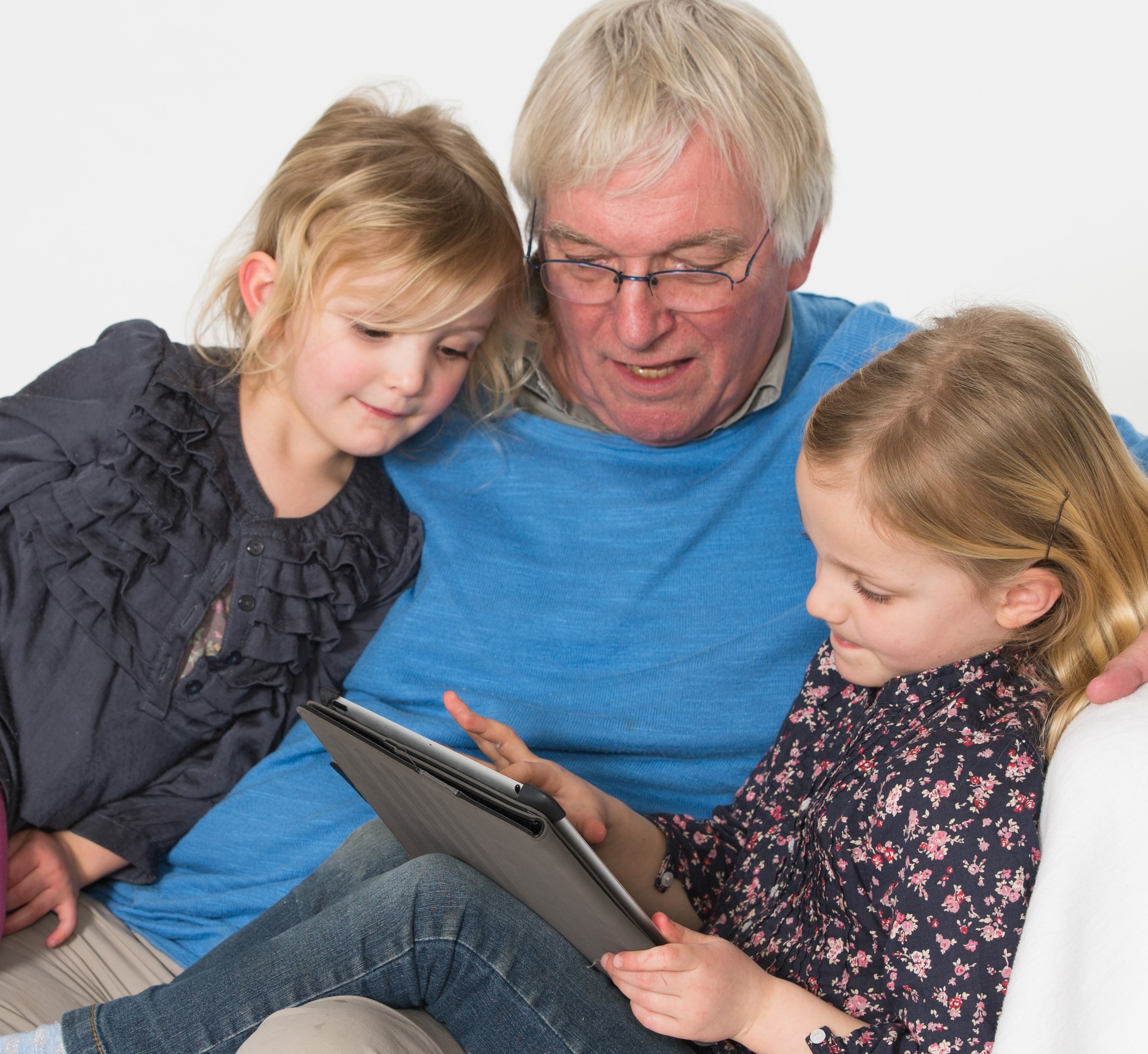
The project was funded by the Charity of Sir Richard Whittington, for which the Mercers' Company is corporate trustee. The pilot was part of the Company's Early Years Special Initiative, Phase One. Peep Exploring Together was developed in partnership with Sheringham Nursery School and Children’s Centre and the University of Oxford. We are delighted that a continuation of the project will be funded by the Early Years Special Initiative Phase Two (2024 – 2027). More details to follow in the New Year.
We hope that STEM will become something that more practitioners and parents are excited rather than anxious about. Together we will help very young children from all walks of life embrace their inborn curiosity and fulfil their potential to become the scientists, engineers, mathematicians, programmers and inventors of the future.
exploring STEM in the early years
(Science, Technology, Engineering and Maths)
Feature box colour:
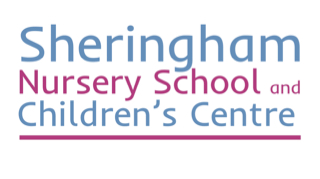
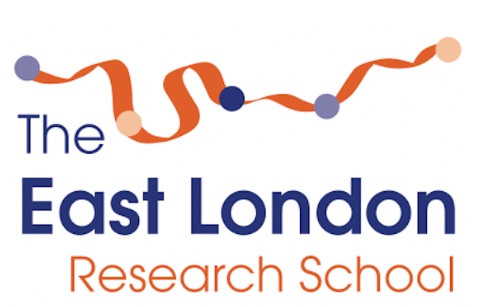


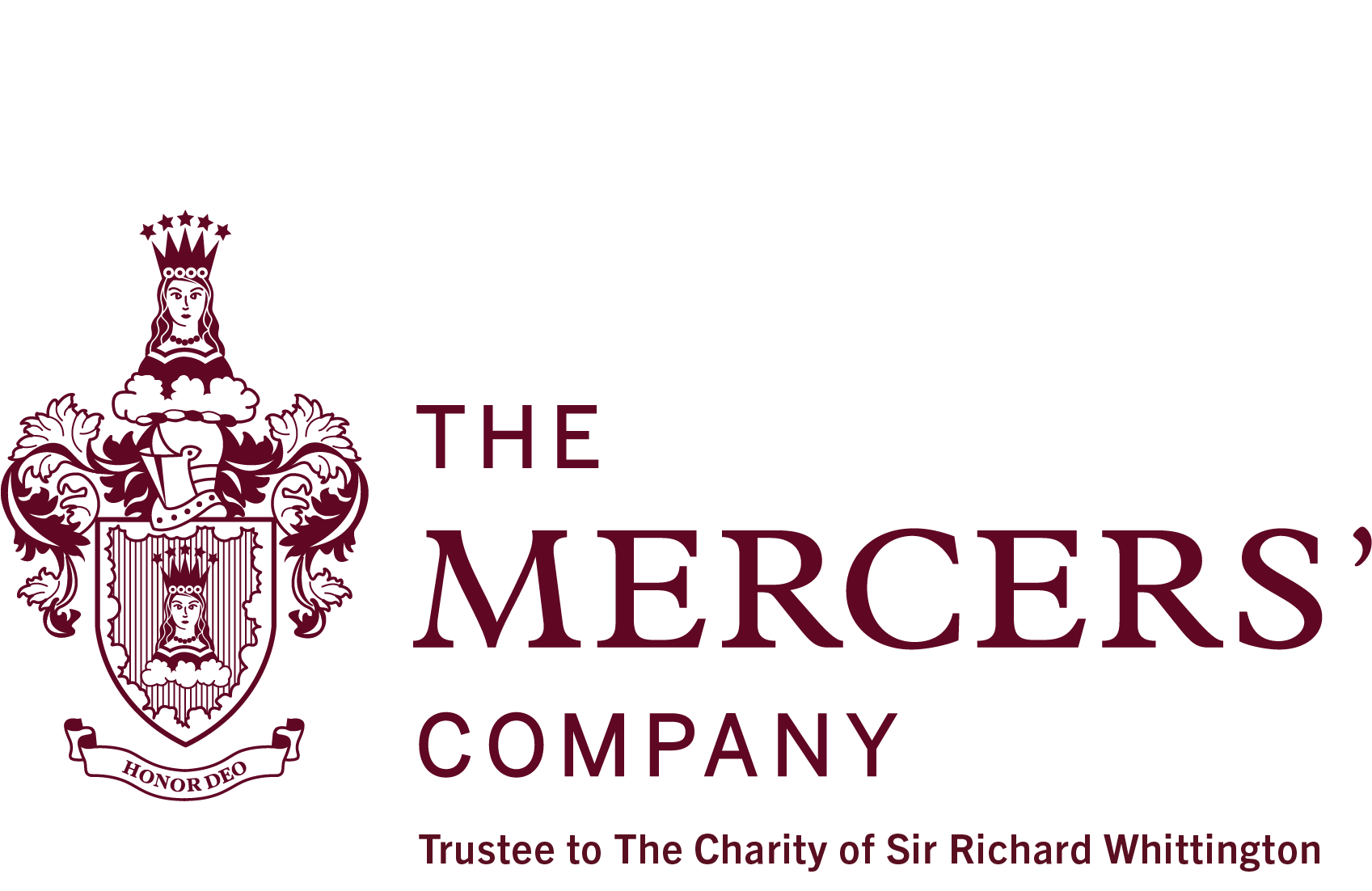
Side Quote Color:
peep in Australia
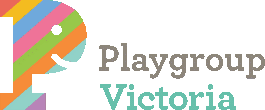
Our Peep partnership organisation in Australia is Playgroup Victoria. They have an exclusive licence with us to train practitioners to use the Peep Learning Together Programme in Australia.
Forthcoming dates for Peep training in Australia - click here to find out more or to book places via their website
Playgroups, both universal and targeted, are a key service for families with babies and young children in Australia. They promote play as central to children’s development and help parents to develop individual strengths, parenting skills and to integrate with their community.
Playgroup Victoria*, based in Melbourne, is a not-for-profit organisation committed to helping all Victorian families discover the benefits of playgroup. They advocate for the benefits of play for young children and provide support for communities and families wanting to start and run a playgroup. They gather evidence to influence policy makers of the vital role that playgroups play in creating and sustaining cohesive, supportive communities and in giving children the best possible start in life.
In 2022-23 a hundred more Peep practitioners were trained. The Peep programme is now being used in every state and territory in Australia.
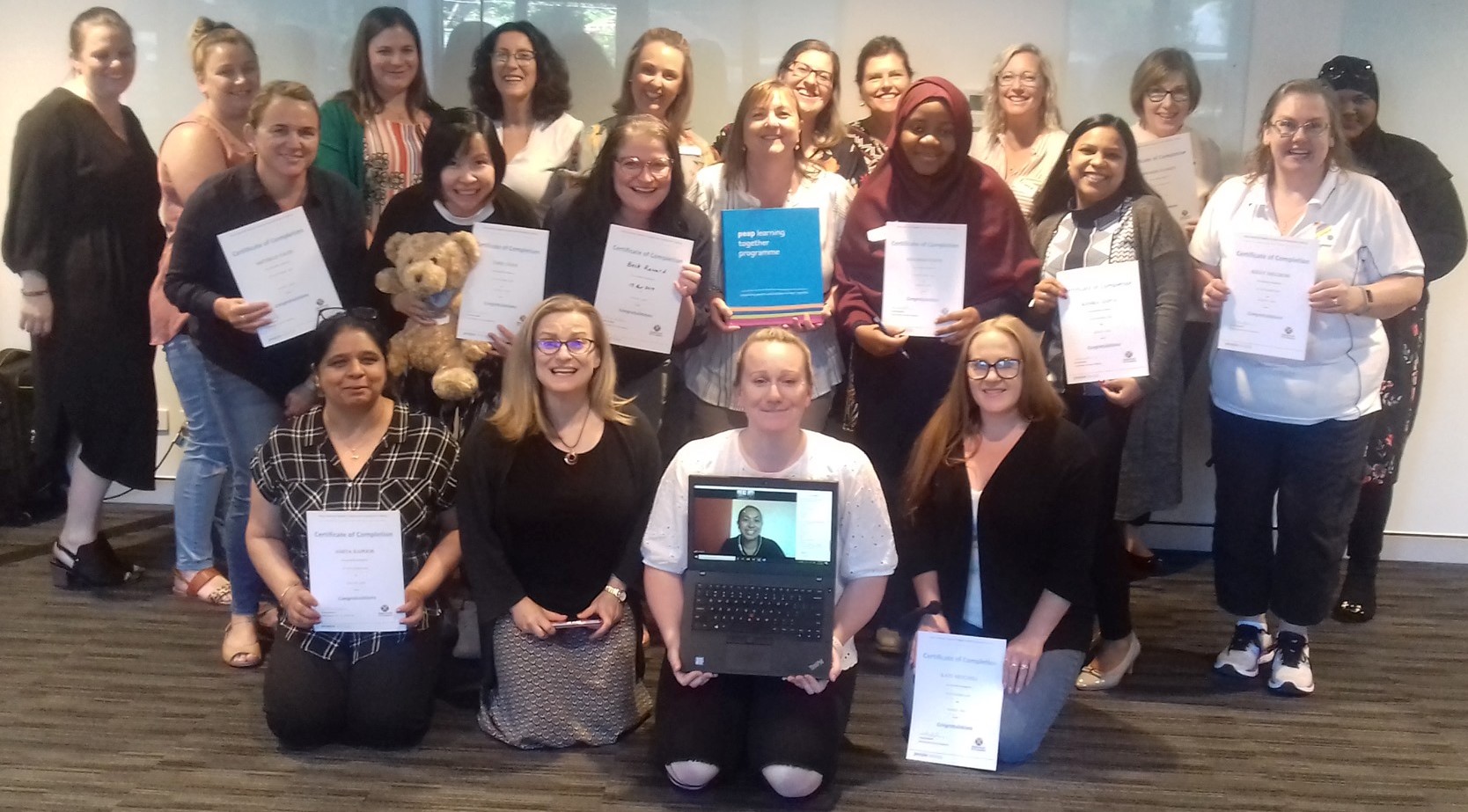 Claire Georgiou is Peep National Manager for Playgroup Victoria. Claire has several years’ experience in delivering the Learning Together Programme with families, and delivering Peep training to practitioners.
Claire Georgiou is Peep National Manager for Playgroup Victoria. Claire has several years’ experience in delivering the Learning Together Programme with families, and delivering Peep training to practitioners.
Danny Schwarz, CEO of Playgroup Victoria: "Playgroup Victoria welcomes the opportunity to become the Australian Licensee for the Peep Learning Together Programme. The values and purpose of Playgroup Victoria focus on the benefits derived by children's and parents’ participation in play-based experiential opportunities and learning. Our partnership with Peeple will have significant and positive impacts for the lives of Australian children and their families."
Dr Sally Smith, CEO of Peeple: "Playgroup Victoria is the ideal custodian for the Peep Learning Together Programme in Australia. We have enjoyed a positive working relationship with them over the past three years, and established that the principles behind our organisations are beautifully aligned. We look forward to contributing to their development of Peep in Australia – and learning a great deal together in the process."
To find out more or to book Peep training in Australia, please contact: Claire Georgiou, Australia's Peep National Manager – email cgeorgiou@playgroup.org.au or tel 0488 600 190
peep in australia
Feature box colour:
To find out more about Peep training in Australia please contact: Claire Georgiou – cgeorgiou@playgroup.org.au | 0488 600 190
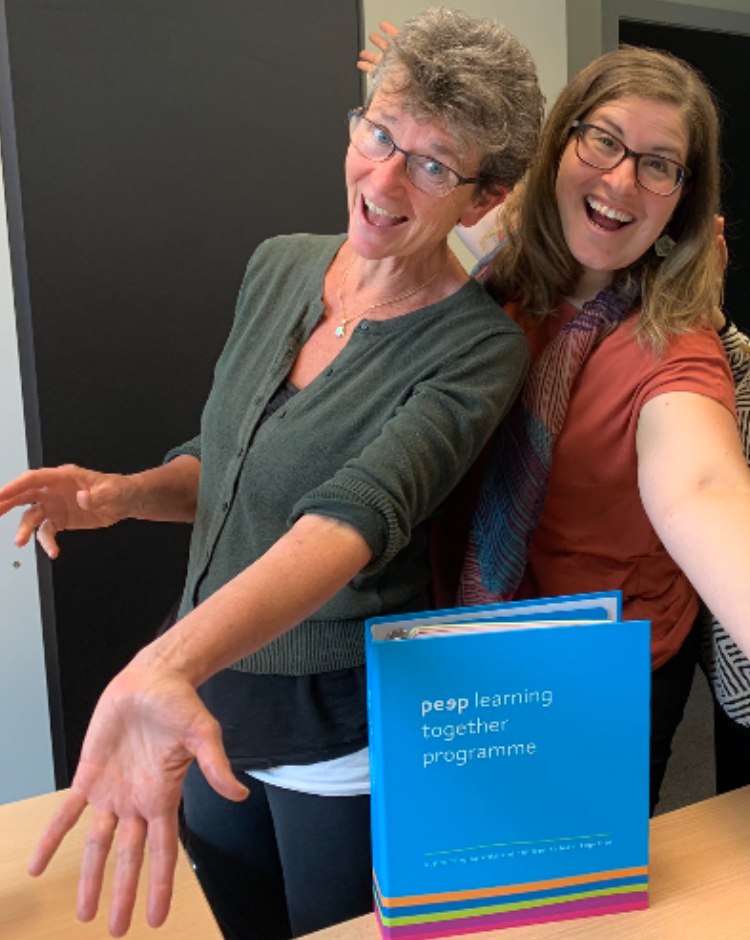
Side Quote Color:
nursery funding, hours and requesting a place
funded childcare
Funded early education and childcare is available for all three years olds, and some two year olds, for up to 15 hours per week. We also offer a limited amount of places for the 30-hours funded places. To find out if you are eligible, information can be found on the gov.uk website: www.gov.uk/get-childcare.
requesting a place
If you are interested in a place for your child, please complete the relevant application form below and return it to us by email, post or in person. Nursery fees / prices and session times are included on the forms.
Application forms:
> Non-funded children application form
> Funded 2-3 year olds application form
> 30 hours extended entitlement application form
nursery opening hours
We are open from 8am - 5pm Monday to Friday. There are various session options within those times, plus an additional session option until 5.30pm.
Little Peeple Nursery is open for 48 weeks a year, closing for a week at Christmas and Easter, and two weeks in the summer. Children can either attend for 48 weeks or for school term-time dates.
nursery term dates
You can download term-dates for 2023-24 below.
Feature box colour:
contact us
Email:
littlepeeplenursery@peeple.org.uk
Address (for sat nav):
Little Peeple Nursery
The Oxford Academy
Northfield Close entrance
Littlemore, Oxford
OX4 4NH
Tel: 01865 397972
Side Quote Color:
support us
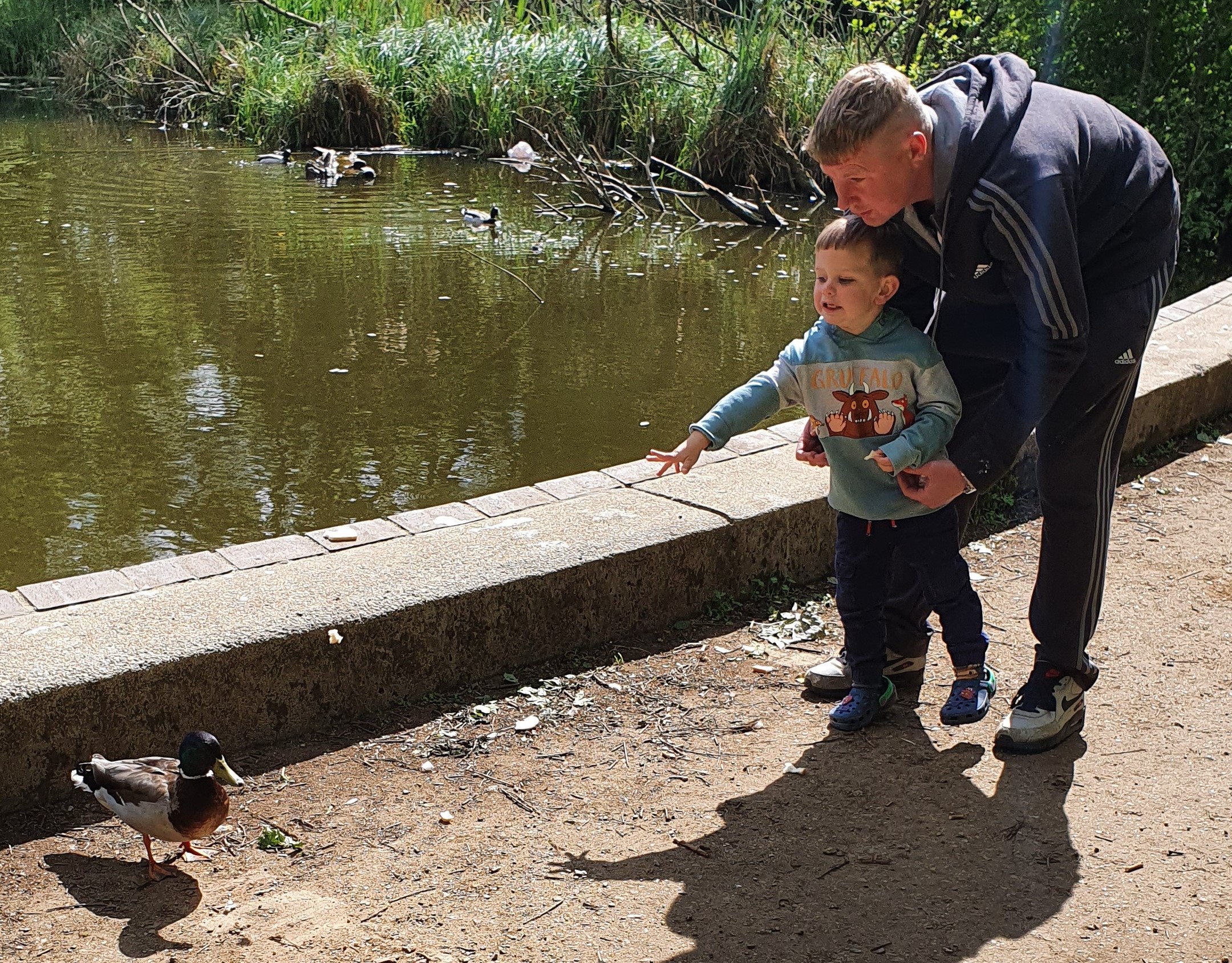
In Peep groups, parents find out why the little things they do with their baby or child make a big difference. Families discover and share ideas and activities that cost nothing, but support their child's learning in the earliest years, making a lifelong difference.
> Donate by text: Text peep 3 or peep 5 or peep 10 to 70085
(to donate £3, £5 or £10)
> Donate online - a single donation or regular gift: Donate now
"In the past I would not so much talk or read to my daughter because I thought she was too young to understand, but after seeing her response to everything at Peep it has improved my help towards her talking and listening."
Many thanks for all your support, it means a lot.
At Peeple and Growing Minds we have a local Dolly Parton Imagination Library, which sends a free book to every child from birth to five in the Leys, Littlemore and Berinsfield areas of south Oxford.
> Click here to read more about our Imagination Library and how you can help, or you can:
Donate to our local Imagination Library
Terms & Conditions:
Text costs the donation amount plus one standard network rate message.
Text PeepNoInfo after you've donated if you don’t want to receive further information from Peeple.
Feature box colour:
The little things families do together makes a big difference to children's learning. Help us to support more parents and children to learn together so children get the flying start they deserve.

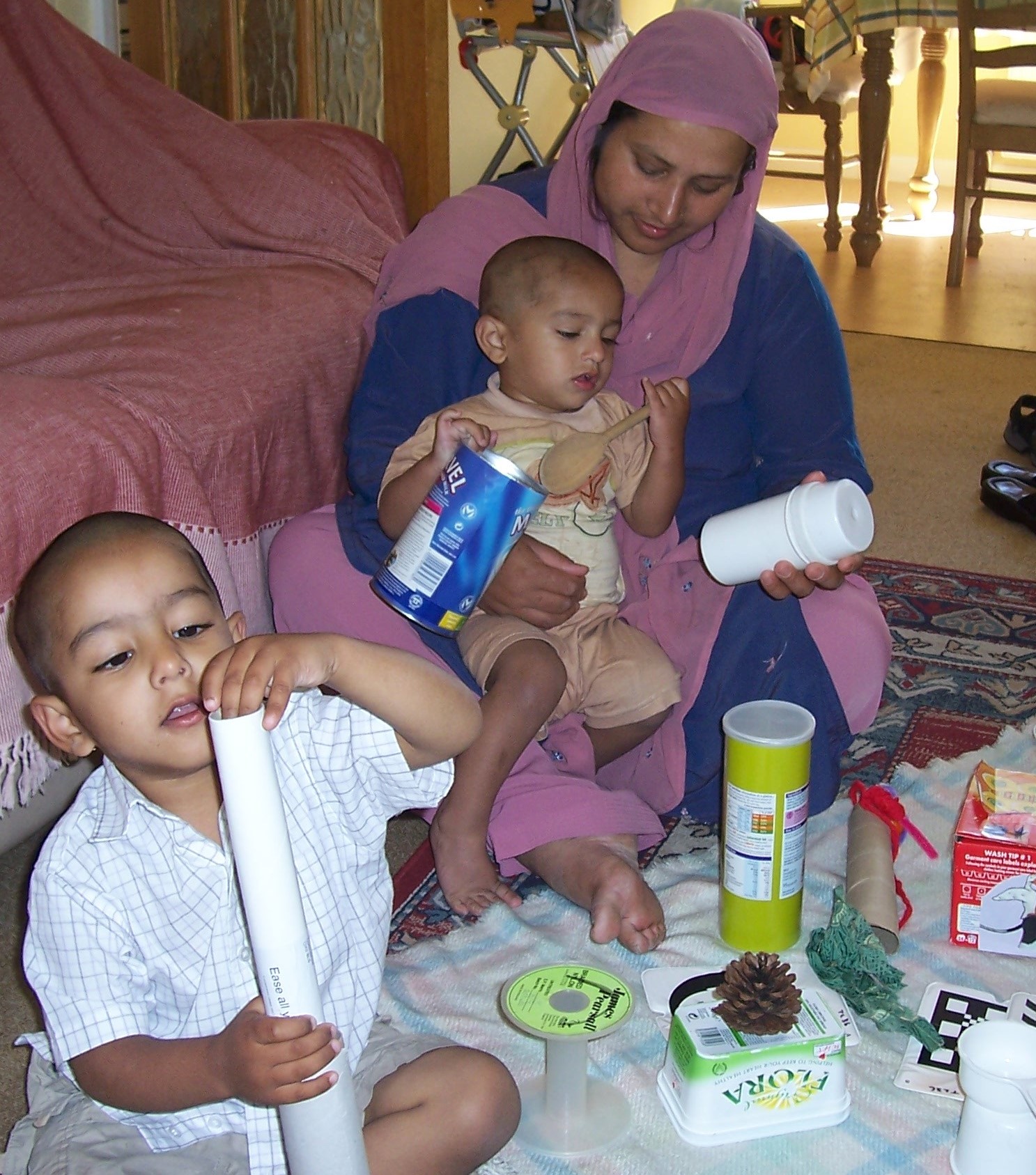
Side Quote Color:
sharing Peeple resources - copyright
Since the Coronavirus social distancing, it's been great to hear about all the online Peep-type sessions happening with families. We've been asked by a few people what this means re sharing Peeple songs or stories, so here's an overview:
If you’re making a social media post
...using a book or song copyrighted to Peeple we’d appreciate it if you acknowledge:
‘This is the Peep book ‘Peep paints his room’ by Lisse Honeyman & Katherine Groves’
and/or
‘This [X] song/rhyme is a Peep song from their Singing Together songbook/CD’
The Peeple copyrighted songs, all by Alison Street, are: A little mouse sat on my chair ~ Alphabet song ~ Baby band (words only) ~ Bed for baby ~ Bicycle song ~ Engine song ~ Eyes to see ~ Goodnight ~ Here comes a spider ~ I’m floating ~ I’ve got one nose ~ Little red bus (words only) ~ Look what I can do ~ One little finger ~ Peep-o ~ Popping on your vest (words only) ~ Pull up pull up the turnip ~ Roll the dough ~ Sit down here ~ Stroking baby’s cheek ~ We are going to the seaside in a train (words only) ~ What shall we do baby? ~ Who’s that?
If you're using non-Peeple-copyright audio-recordings from a Peeple CD please acknowledge:
- ‘Recordings of [e.g. Incy Wincy spider] are reproduced from the Singing Together 1 CD by permission of Peeple.’
If you're using non-Peeple-copyright lyrics from a Peeple songbook/CD:
- Peeple has obtained copyright permission for some of the songs as listed in the acknowledgements page in the back of the Singing Together books. If you want to reproduce these lyrics you will need to approach the rights holder to obtain permission.
- The words to the songs not listed on the acknowledgements page are to the best of our knowledge in the public domain, and can be reproduced freely.
- Permission to use recordings needs to be obtained from the Mechanical Copyright Protection Society for which there is usually a small fee if they are not in the public domain. (Peeple songs are not registered with MCPS.)
If you are producing a CD/MP3 or equivalent
...and want to use songs (audio and/or lyrics) from any of Peeple’s Singing Together Songbooks/CD/MP3 that are copyrighted to Peeple (see list above) – please contact us at info@peeple.org.uk with the following information, and we will email you back to confirm permission and acknowledgement wording:
- Your name and/or Organisation name
- Name/s of the tracks/lyrics/story you would like to reproduce
- Your target audience/customers – e.g. local families that you work with or for sale on the open market.
We hope that this helps. Please get in touch with any other questions: info@peeple.org.uk.
Feature box colour:
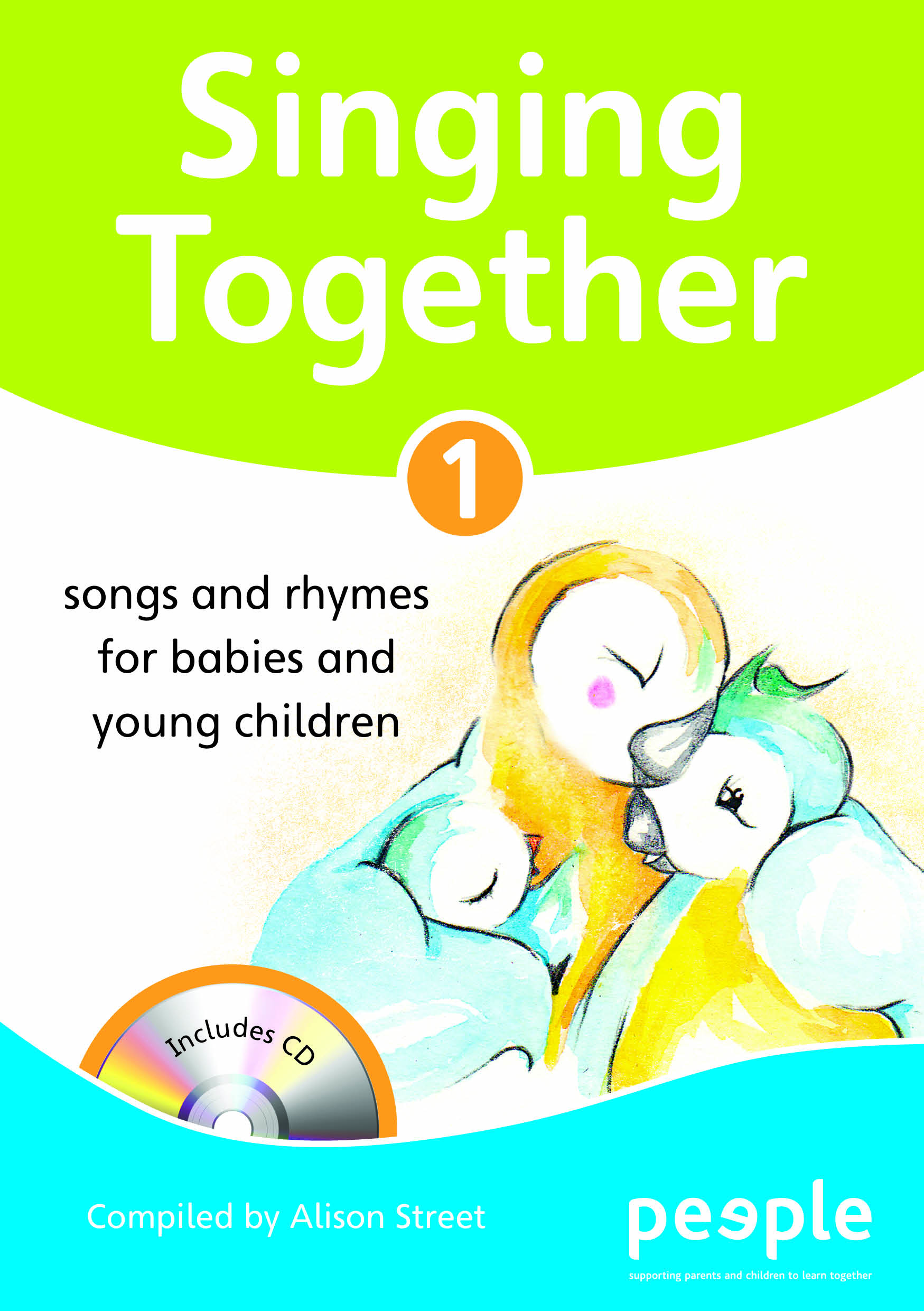
Side Quote Color:
parent and baby: Birkenhead
K is a mum in a Peep Mini Explorers group at a Children's Centre, led by Sophie from the Foundation Years Trust in Birkenhead. Her feedback is a great example of the value of sharing ideas about children's development, but also the importance of supportive relationships - between parent and child, practitioner and other parents:
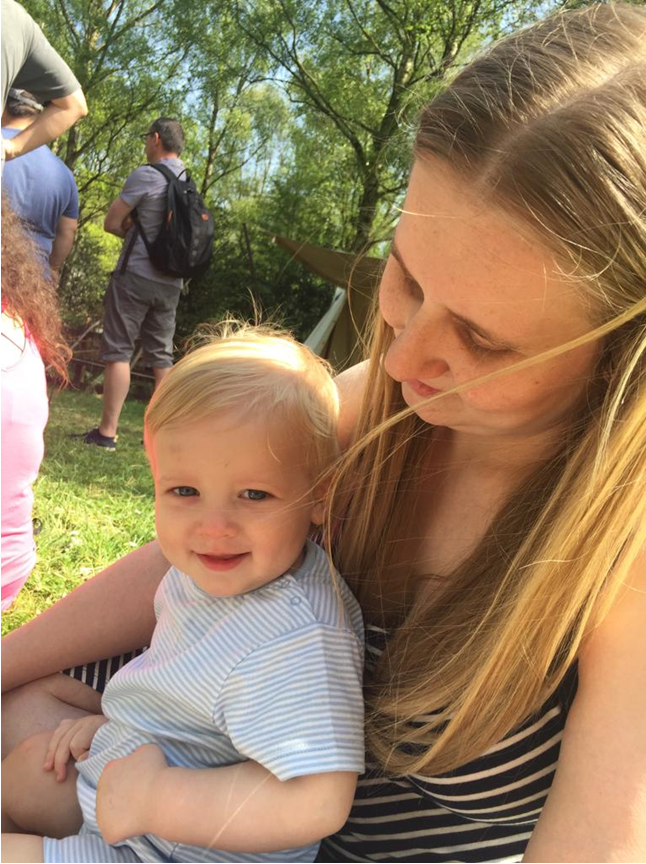 "I’ve been attending Peep sessions since my little boy L was 10 weeks, now he’s 16 months!
"I’ve been attending Peep sessions since my little boy L was 10 weeks, now he’s 16 months!
I knew absolutely nothing about Peep beforehand. Hand on heart, I believe that attending these Peep sessions has made me the parent I am today.
They taught me that certain behaviours weren’t ‘naughty’ but actually developmental. That everyday things are an adventure for him, no matter how little! And that everything can be fun, and how he can learn through fun!
L has made some little friends for life, as have I. The Peep sessions have supported me and taught me the importance of supporting him, praising him, providing him with opportunities and how to encourage his learning and development. They’ve shown me that L doesn’t need ‘expensive’ experiences to learn, but actually low cost or free opportunities are just as useful, like a trip to the free fun day at the local urban farm where we can sing nursery rhymes and practise animal noises with the animals!
I find being a parent the most amazing and rewarding experience of my life, but I also have ‘hard’ days as does every parent. In group, it’s so nice to talk about those hard days with other parents and Sophie, with no judgement just support. I was so hesitant initially about going to a baby group - what if L got upset, or I needed to breastfeed and wasn’t comfortable, or I was judged - but this group was the first I attended and it’s changed my parenting experience. Sometimes, life as a mum can be hard or lonely, but this group really does make a difference."
June 2019
Feature box colour:
Side Quote Color:
early years and health-led peep in Benalla, Australia
This case study demonstrates how Peep can be used in a joined-up way to help support families across education, health and family support. Info from the Tomorrow Today Foundation, Benalla, Victoria, the first people in Australia to do Peep training. For further information, please download the full report below or contact admin@tomorrowtoday.com.au
improvements in Benalla’s early development results
The Australian Early Development Census (AEDC) is a nationwide data collection that shows how young children are developing as they start their first year of full-time school. The AEDC measures five areas or domains of early childhood development: - physical health and wellbeing; social competence; emotional maturity; language and cognitive skills; communication skills and general knowledge.
Benalla is a small city, one of 79 Local Government Areas (LGAs) in the state of Victoria. In 2015, Benalla had the highest proportion (33%) of any LGA for children developmentally vulnerable on one or more of the AEDC domains. By 2018 the proportion had reduced significantly, by almost a third, to 23.5%. Benalla’s results are now better than State and National averages in the domains of physical health and wellbeing; and communication skills and general knowledge.
how has the improvement been achieved?
The strong improvement in Benalla’s results can largely be attributed to two factors: –
- The introduction of the Peep program in 2012
For parents and carers, Peep provides ongoing relevant and useful information that increases their knowledge of child development and gives them helpful and effective strategies that improve their parenting skills. For children, Peep supplies fun learning activities that develop pre-literacy and numeracy skills, and a social setting that fosters positive interaction, independence, resilience and emotional maturity. Over 200 Benalla families with children aged 0 to 5 attend Peep annually. Peep is open to all families but we focus staff time on attracting and retaining the most vulnerable families.

- The strong collaborative effort across Benalla generated by the 2016 AEDC Forum convened by the Dept of Education and Training (DET), the Tomorrow Today Foundation and Benalla Rural City Council. 53 early years professionals attended the forum resulting in a high-energy commitment to focused action to reduce childhood vulnerability across Benalla. A steering group was formed to develop a cross‑institutional strategic plan based on information and discussion from the forum.
The stated purpose of the plan is to work collaboratively to improve learning and development for Benalla children aged 0 to 8. Here's a summary of the activity undertaken so far, under each of the 5 objectives (further details in the downloadable report below).
objective 1: improved service co-ordination, collaboration and information sharing
- Revitalisation of the Benalla Early Years Network, bringing together early years professionals from different disciplines
- Establishment of an Early Years Facebook page
- Work to improve the transition process between preschool and school
- ‘Tip sheets’ developed and circulated to network members for use with families.
objective 2: parents and carers are supported and resourced as their child’s first and most important educator
- Peep program supporting over 200 families each year, including discussions on school readiness for families with older child
- Benalla Health supports Peep delivery, releasing a trained community health nurse to co-facilitate a group each fortnight
- Maternal and Child Health team provide a referral form for Peep to parents of every child born in Benalla
- Strong links established between Family Services, Family Liaison workers, and Peep staff to ensure parents and carers can access the support they need.
- Peep home visit program established offering visits to families (geographically isolated or child /parent illness)
- Parents encouraged to volunteer in Peep groups to support staff
- Families provided with transport assistance to get to Peep and/or kinder
- Other courses provided including New Parents groups, Great Start to School Program (supporting parent's and child’s transition to school), Young Parents group, Triple P Parenting, Tuning Into Kids, Real Men Make Great Dads, Bringing Up Great Kids
- Unique Breastfeeding SMS support program for new mothers developed by Benalla working group involving Tomorrow Today, Benalla Health and Benalla Rural City
- Presentations by Good Shepherd Microfinance and Berry Street Saver Plus to two of the most vulnerable Peep groups.
objective 3: children aged 0 to 8 are supported to be resilient, socially competent and emotionally mature
- Information on secure attachment provided and importance stressed to new and prospective parents through Maternal and Child Health, Benalla Health, new parents groups, and constantly reinforced at Peep
- Emphasis at Peep on listening, taking turns, sharing, and fostering of independence
- Introduction of Art based activities for Benalla pre-schoolers at Benalla Art Gallery
- Peep families make regular visits to a local nursing home to visit the elderly (inter-generational)
- Psychologist visit to Peep to speak to parents on dealing with anxiety in children
- All Peep staff trained in delivery of Tuning into Kids and many elements of the program incorporated into Peep sessions
objective 4: children aged 0 to 8 are confident and involved learners and communicators
- Benalla-wide emphasis on the importance of preschool, and two new play groups established in rural communities funded by Tomorrow Today grants
- Speech screening now conducted in all Benalla pre-schools, and funding secured for group therapy for expressive and receptive language difficulties within the preschool setting.
- Several Library-based multi-agency initiatives, including active encouragement of Library membership, introduction of 1,000 Books Before School program, Toddler Tales sessions, and six ‘Little Free Libraries’ across Benalla
- Free books provided to parents of newborns
- Let’s Count training undertaken by four Benalla preschools and two day care providers
objective 5: children aged 0 to 8 are healthy and physically active
- Peep groups include activities to develop fine and gross motor skills and have outdoor play sessions including excursions to local parks and lake etc
- Benalla Health dietician regularly visits Peep
- Benalla Health Infant Program is offered to all families who have children aged 3, 6, 9 and 12 months, discussing nutrition and physical activity during the first year of a child’s life.
- Food Security Network established providing free fresh food and vegetables for struggling families
- Award-winning wicking bed project established by Benalla Health and Vinnies encouraging disadvantaged families to grow fresh fruit and vegetables in their backyards. Tomorrow Today contributed grant funding.
what next?
- Widespread dissemination of positive AEDC results to the Benalla community and beyond
- A second AEDC forum to celebrate the results, look at what’s worked and is working, and identify areas where further improvement can be made.
> Downloadable version of the report. (Sept 2019)

